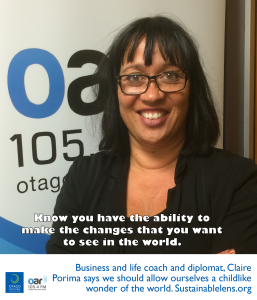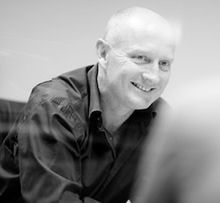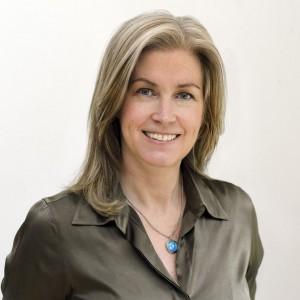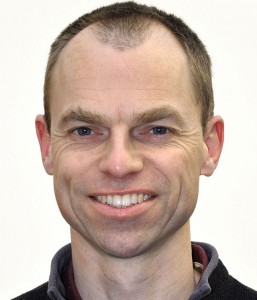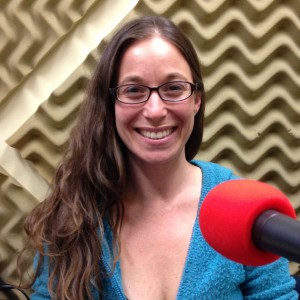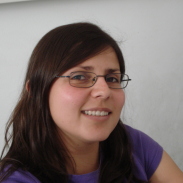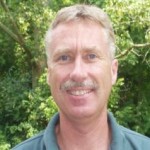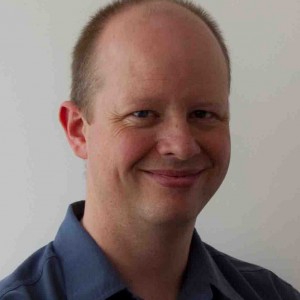Deirdre McIntyre is Residential Life Manager at Bangor University.  A geographer with a background in areas of outstanding beauty, waste management, and business development, she is now working to improve the well-being of Bangor’s students.  We talk about encouraging student green movements and think tanks, energy awareness, and waste awareness weeks.  Messaging is key and that means treading a careful line between corporate and fun.
Talking points
Bringing the academic environment into the living environment
Sustainable: The holistic approach to living as a community and to me sustainability at its heart is really about how we educate and develop the students that are living with us, so they leave evolved and prepared for living as citizens of a global community.
Success: Winning multiple sustainability awards over the last few years and engaging with over five thousand students.
Superpower: My ability to enthuse people with my passion for anything I get my teeth into, and
generally dragging anyone along with me.
Activist: Yes, I’m well aware that people never want anything rammed down their throats, and I think that’s why I’m really good at bringing people along with me because the soft persuasion and living your life as an example, that’s how you can be the best activist. Â
Motivation: (My four-year-old…) A genuine desire to invigorate other people with my enthusiasm with what I’m doing.
Challenges: Once the dust settles in the department, we can look to a constructive future, I would love to see student engagement and satisfaction featured far more heavily.
Miracle: Make every student positively engage with us at least once.
Advice: Don’t ask for a lighter burden ask for a stronger back
This conversation was made with help of the Sustainability Lab at the Bangor University.

